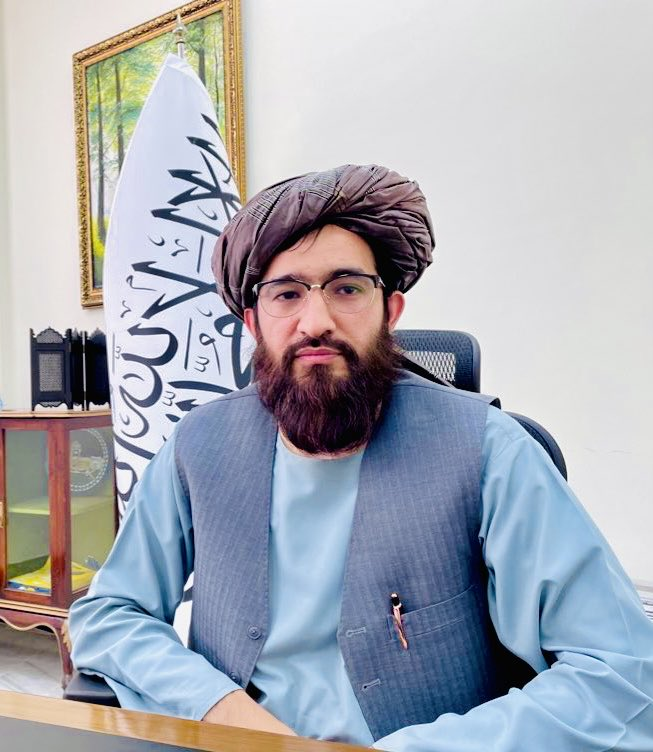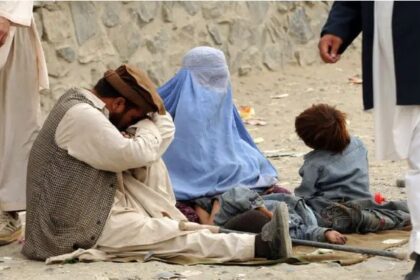RASC News Agency: Abdul Qahar Balkhi, spokesperson for the Taliban’s Foreign Ministry, has reaffirmed that the group has no intention of returning the military equipment left behind by U.S. forces in Afghanistan. In an interview with CBS News, Balkhi emphasized that these assets now constitute part of Afghanistan’s national wealth, asserting the Taliban’s full ownership over them. Despite refusing to repatriate the military hardware, Balkhi highlighted that Afghanistan, under Taliban rule, remains open to trade and foreign investment, particularly in its untapped mineral resources. His remarks suggest a strategic pivot towards economic engagement with the international community, including the United States, as the Taliban seeks to position Afghanistan as a key player in regional commerce.
Meanwhile, Donald Trump, President of the United States, reignited the debate over military assets left in Afghanistan during an address marking Women’s History Month. He stressed the necessity of reclaiming U.S. military equipment, acknowledging that while some of it may now be outdated, its retrieval remains imperative given the billions of dollars worth of defense assets transferred to Afghanistan. Trump also launched a scathing critique of former President Joe Biden, arguing that his handling of Afghanistan had inflicted severe damage on U.S. national security and strategic interests. He reiterated his longstanding demand for the reclamation of U.S. military assets and underscored the need for an American presence at Bagram Airbase, a key military installation that was abandoned following the U.S. withdrawal.
Amid escalating tensions, sources indicate that a U.S. delegation visiting Afghanistan recently presented the Taliban with two proposals: either permit a limited American presence at Bagram Airbase or agree to return the military equipment. However, Zabihullah Mujahid, the Taliban’s chief spokesperson, categorically rejected these claims, stating that no negotiations had taken place regarding Bagram or military assets. These conflicting narratives emerge as Afghanistan grapples with severe economic and political instability, while the international community continues to reassess its approach toward the Taliban’s de facto rule.






